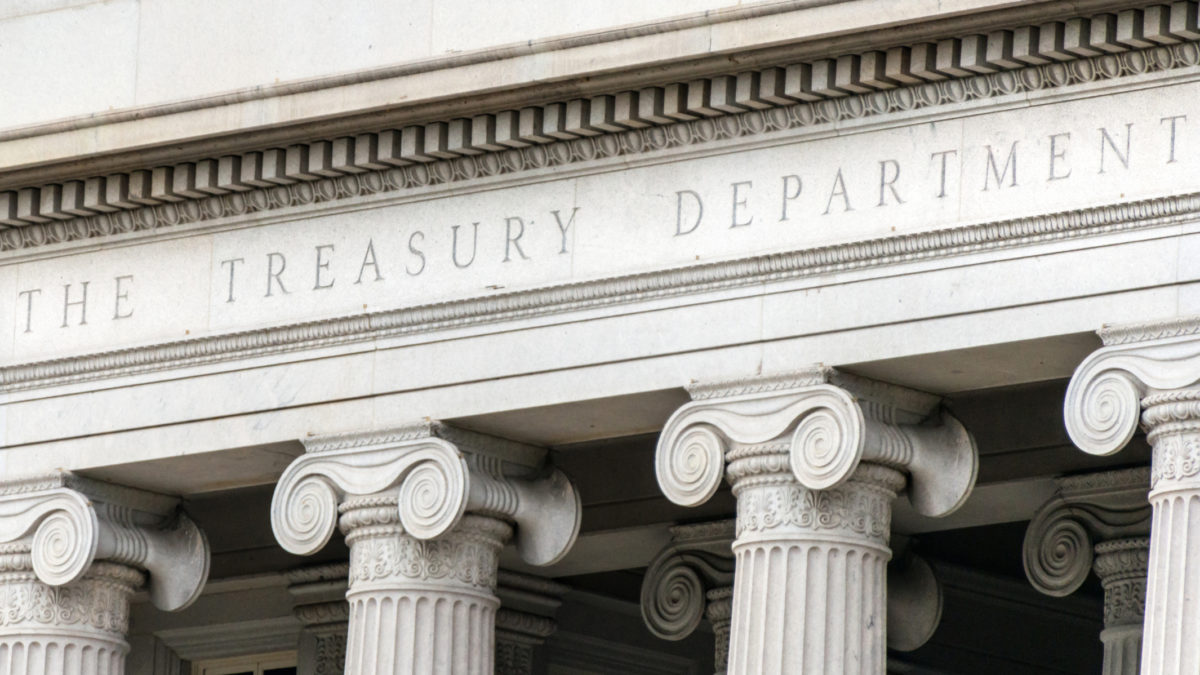
Sanctions Round-Up: November 2020
Libya
On 25th November, the United States’ Office of Foreign Assets Control (OFAC) designated the Kaniyat militia and its leader – Mohamed al-Kani – for “serious human rights abuse” in Libya. The group is accused of “detaining, torturing, and murdering civilians” during the period in which it exercised control over the city of Tarhouna and al-Kani has been designated for being the group’s leader at this time.
The militia became affiliated with the Libyan National Army of General Khalifa Haftar and participated in the 2019-20 assault on Tripoli. OFAC’s action came a week after Russia prevented the United Nations Security Council (UNSC) from placing sanctions on the militia.
A few days prior to the US designations, Operation Irini – the European Union’s naval patrol mission in the Mediterranean Sea – boarded a Turkish-flagged vessel suspected of violating the UN arms embargo on Libya. As of 22nd November, the date on which the inspection was suspended, no evidence of illicit material had been found on board and the vessel subsequently continued its journey. The operation’s mandate began at the start of April 2020 and replaced the troubled Operation Sophia.
ISIL/al-Qaida
Two individuals – Maalim Ayman from Kenya and Abdullahi Osman Mohamed from Somalia – were designated by OFAC on 17th November. The US State Department described them as “senior al-Shabaab leaders”. Mohamed is alleged to be the group’s “senior explosives expert”, while Ayman is supposedly the leader of Jaysh Ayman, a sub-unit which “conducts terrorist attacks and operations in Kenya and Somalia”.
Jaysh Ayman has been described as a “small outfit”, which has grown to become a force that specialises in “commando-style attacks and cross-border raids”. The US accuses it of being behind the Camp Simba attack against American personnel in Kenya in January 2020. Less is known about Mr Mohamed.
Burundi
US President Donald Trump continued the national emergency with respect to Burundi for an additional 12 months. The national emergency was first declared by President Barack Obama in November 2015, in response to unrest following former President Pierre Nkurunziza’s decision to seek a third term in office. Nkurunziza did not seek to stand for a fourth term and died unexpectedly on 8th June 2020, shortly before he was meant to hand over power to his chosen successor, Évariste Ndayishimiye.
Announcing the decision on 12th November, the White House commended the new government in Gitega for its “recent historic peaceful transfer of power” but added that there was not “sufficient evidence” that the situation had been resolved.
Earlier in the month, the United Kingdom’s Office of Financial Sanctions Implementation (OFSI) amended the listings of Godefroid Bizimana, Gervais Ndirakobuca, Leonard Ngendakumana and Mathias-Joseph Niyonzima, all of whom remain subject to an asset freeze. The quartet were initially designated in October 2015, following the unsuccessful attempt to overthrow the government of then-president Pierre Nkurunziza.
Sudan
On 2nd November, President Trump gave notice that his administration is to continue the national emergency with respect to Sudan for an additional 12 months. The national emergency was first declared in November 1997 by President Bill Clinton due to accusations that the Sudanese government was providing “support for international terrorism” and “destabilising neighbouring governments”, amongst other charges. In light of the situation in Darfur, its scope was expanded by President George W. Bush in April 2006.
While the White House’s statement noted “recent positive developments” with respect to the internal situation in Sudan, it added that the crisis “has not been resolved”. The State Department clarified that this action “does not reflect negatively” on the improvement in relations between Washington and Khartoum, nor does it have “any impact” on the recent decision to rescind Sudan’s designation as a State Sponsor of Terrorism.
Somalia
The mandate of the UNSC’s Panel of Experts on Somalia was extended until 15th December 2021. Also renewed on 13th November was the partial lifting of the arms embargo, which exempts the Somali security forces, the UN Assistance Mission in Somalia (UNSOM), the African Union Mission in Somalia (AMISOM) and the European Union Training Mission in Somalia (EUTM-Somalia), as well as organisations combatting acts of maritime piracy.
Tanzania
The State Department noted its concern regarding reports of voting irregularities and arrests during the Tanzanian general election, held on 28th October. In its 2nd November statement, it also threatened to impose measures – including visa restrictions – against persons “found to be responsible for human rights abuses and interference in the election process”.
The EU also noted similar concerns regarding the election, although it did not make any threats of sanctions. Meanwhile, Moussa Faki Mahamat – Chairperson of the AU Commission – congratulated President John Magufuli on his re-election.
Mali
On 19th November, OFSI amended the listing of Houka Houka Ag AlHousseini, who was initially designated in December 2019. Alhousseini was appointed as the head the Islamic court during the jihadist occupation of Timbuktu in 2012. He has lived freely in the country since his arrest and release by Malian authorities in 2014, despite accusations of “crimes against humanity” being levelled against him.
Democratic Republic of the Congo
The UNSC amended its listing for Thomas Lubanga Dyilo on 2nd November, to reflect the fact that he was released from prison in March 2020, having served his 14-year sentence for war crimes. He remains subject to an asset freeze and travel ban.
Lubanga was arrested in the DRC by Congolese authorities in 2005 and transferred to the Hague a year later, becoming the first person to be arrested on an International Criminal Court warrant. Following his arrest, Dyilo was sanctioned by the UNSC for involvement in “the trafficking of arms”, in violation of its embargo.